One of the potential reason that logging is not printing is due to console.log has been mocked. Something as below
// jest-setup.js
global.console = {
// eslint-disable-next-line no-undef
log: jest.fn(), // console.log are ignored in tests
// log: console.log,
// Keep native behaviour for other methods, use those to print out things in your own tests, not `console.log`
error: console.error,
warn: console.warn,
info: console.info,
debug: console.debug,
};
// package.json
"jest": {
"preset": "react-native",
"moduleFileExtensions": [
"ts",
"tsx",
"js",
"jsx",
"json",
"node"
],
"setupFilesAfterEnv": [
"@testing-library/jest-native/extend-expect",
"<rootDir>/src/config/jest-setup.js"
],
"testMatch": [
"<rootDir>/src/**/__tests__/**/*.test.{ts,tsx}"
]
},
This is commonly used if you wish to disable console.log in jest
